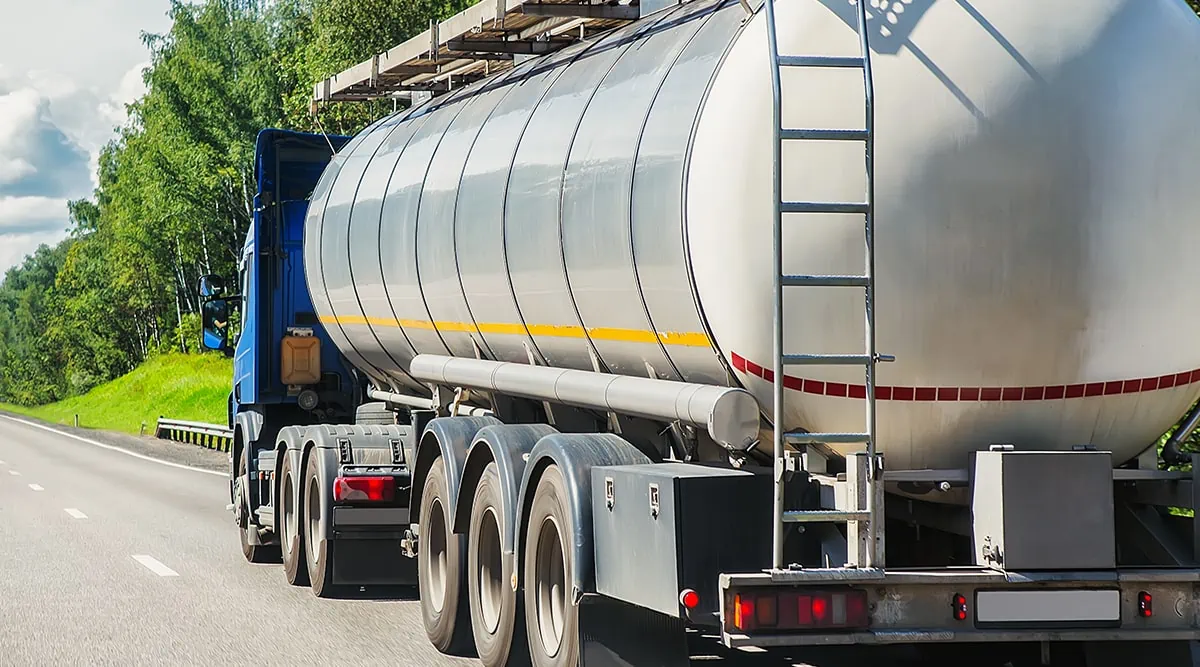How Reclaim Waste can Save You Time, Stress, and Money.
How Reclaim Waste can Save You Time, Stress, and Money.
Blog Article
The Buzz on Reclaim Waste
Table of ContentsOur Reclaim Waste DiariesEverything about Reclaim WasteSome Known Facts About Reclaim Waste.The smart Trick of Reclaim Waste That Nobody is Talking AboutThe 10-Second Trick For Reclaim Waste
Residential sewage waste refers to the waste and items from a domestic septic container. The proper administration and disposal of residential sewage waste require fluid waste to be transferred to a sewer treatment plant where the appropriate approaches and tools are applied to cleanse and dispose of waste.
Commercial waste frequently consists of potential threats, such as flammable products or a mixture of liquid and solid waste items, and requires a much more advanced and thorough disposal process. The disposal of industrial waste typically involves the filtering of waste before transport to guarantee risk-free and appropriate disposal. Industrial waste is created from byproducts and runoff of commercial processes and production.
This sort of waste can not make use of the exact same sewer management transportation or procedures as septic or industrial liquids. The hazardous waste management process calls for the inspection and screening of fluid waste prior to it undergoes the disposal process (liquid waste removal melbourne). Drainage waste is the fluid waste that comes from runoff and excess stormwater in very booming locations or cities
Runoff waste can trigger contamination and flooding if not taken care of correctly. Discover more concerning drain cleansing and waste administration. Ensuring proper waste monitoring can avoid catastrophes and lower environmental harm. Both individuals in domestic setups and specialists in commercial or production industries can benefit from comprehending the procedures and laws of fluid waste administration.
The Buzz on Reclaim Waste
Call PROS Solutions today to find out about our waste monitoring and disposal solutions and the correct methods to look after the liquid waste you create.
(https://pubhtml5.com/homepage/kwjac/)Do you know what occurs to your water when you end, flush the toilet or drain pipes the cleaning maker? No? Well, it deserves understanding. This so-called 'wastewater' is not just a crucial resource yet, after therapy, will certainly be launched to our land, rivers or the ocean. Made use of water from commodes, showers, bathrooms, kitchen area sinks, laundries and industrial processes is referred to as wastewater.

water used to cool equipment or tidy plant and devices). Stormwater, a type of wastewater, is drainage that flows from agricultural and metropolitan locations such as roofing systems, parks, gardens, roadways, paths and gutters right into stormwater drains, after rain. Stormwater streams unattended directly to regional creeks or rivers, eventually reaching the ocean.
Reclaim Waste for Dummies
In Queensland, many wastewater is treated at sewer treatment plants. Wastewater is delivered from residential or industrial sites with a system of sewers and pump stations, referred to as sewerage reticulation, to a sewage treatment plant. City governments construct, maintain and operate most sewage treatment plants. Operators are accredited under the Environmental Management Act 1994 to discharge cured wastewater at an acceptable ecological criterion right into rivers.
The Division of Natural Resources encourages local federal governments regarding handling, operating and keeping sewerage systems and treatment plants. In unsewered areas, neighborhood governments may need homeowners to set up private or house sewage treatment systems to treat residential wastewater from commodes, cooking areas, shower rooms and washings. The Division of Natural Resources authorises making use of family systems when they are shown to be effective.
A lot of stormwater gets no treatment. In some brand-new neighborhoods, therapy of some stormwater to remove clutter, sand and crushed rock has actually begun using gross contaminant traps. Wastewater therapy occurs in 4 phases: Eliminates solid matter. Bigger solids, such as plastics and various other items incorrectly discharged to sewage systems, are gotten rid of when wastewater is passed through displays.
Wastewater after that flows right into huge storage tanks where solids clear up and are removed as sludge. Grease and residue are skimmed from the surface. Makes use of small living microorganisms called micro-organisms to damage my review here down and remove staying dissolved wastes and fine particles. Micro-organisms and wastes are incorporated in the sludge. Eliminates nitrogen and phosphorus nutrients that might cause algal blooms in our waterways and intimidate marine life.
The Best Guide To Reclaim Waste
Nutrient elimination is not offered in any way sewage therapy plants because it needs expensive specialised equipment. It is coming to be much more common in Queensland. Clear fluid effluent created after therapy might still have disease-causing micro-organisms. If this effluent is launched into rivers such as rivers or the sea, the micro-organisms will ultimately pass away out.

Most wastewater streams into the sewerage system. Under the Act, regional governments carry out authorizations and licences for environmentally relevant activities (ERAs) entailing wastewater launches that might have a local effect.
What Does Reclaim Waste Mean?
Tracking gives valid info regarding water quality and can validate that permit conditions are being fulfilled. The info obtained through surveillance provides the basis for making water high quality choices.
Report this page